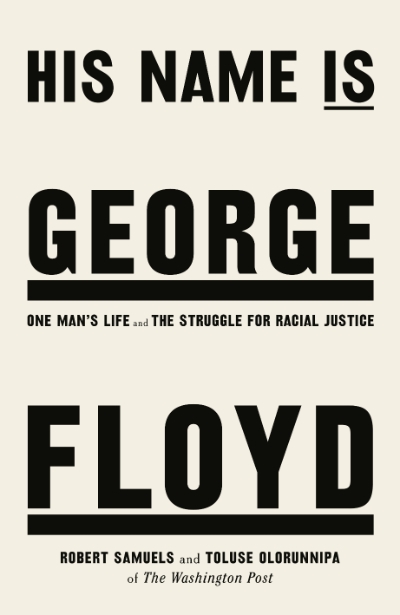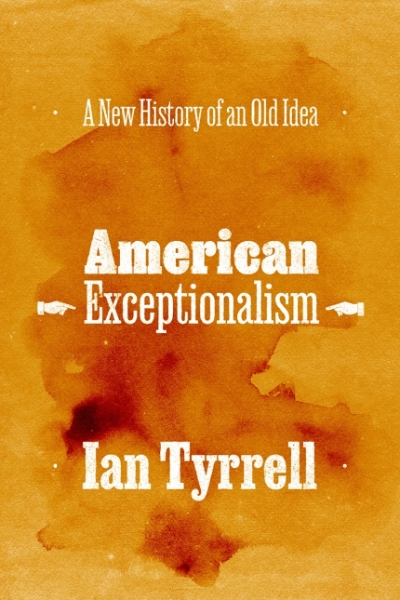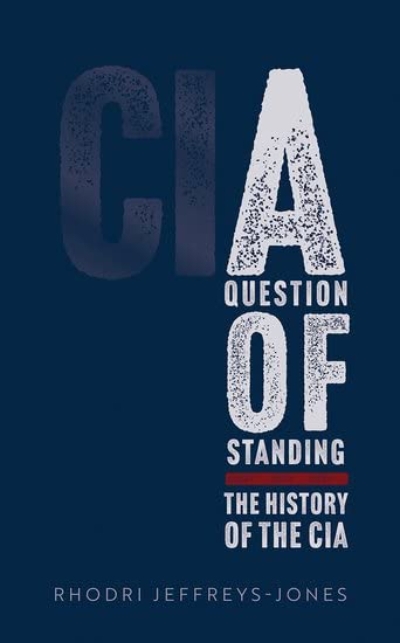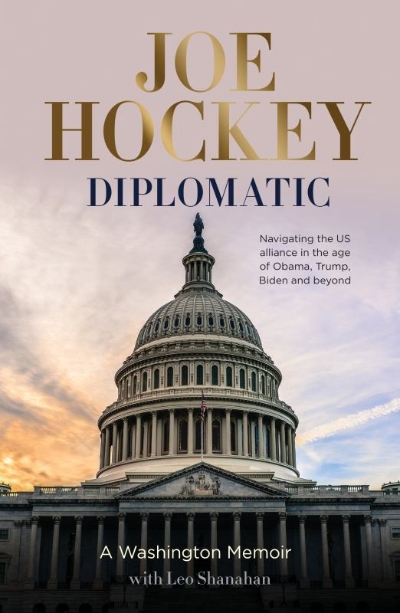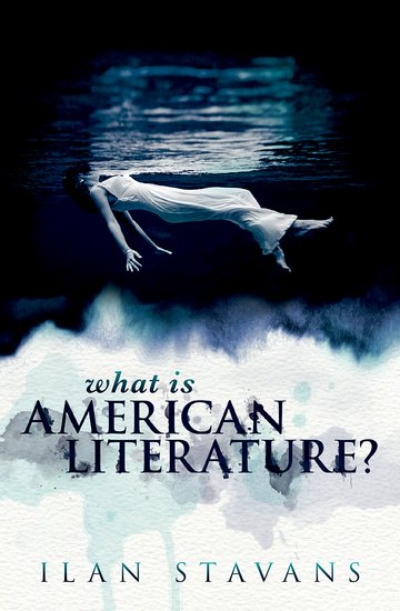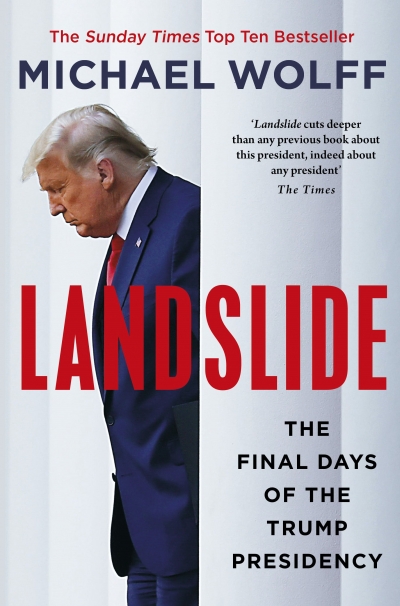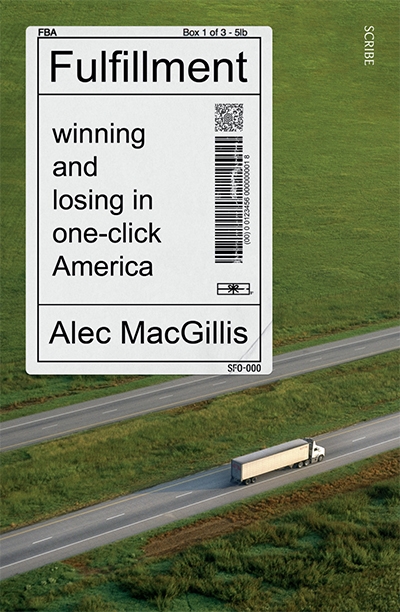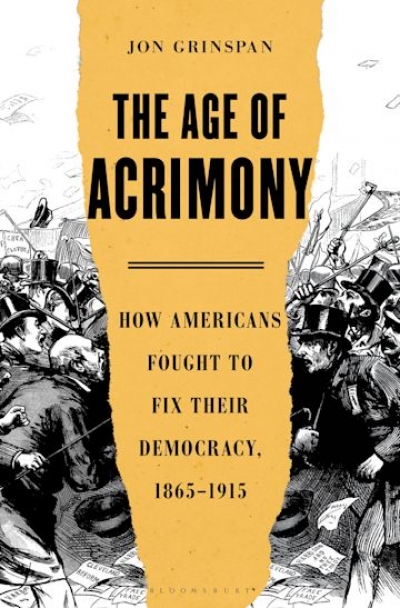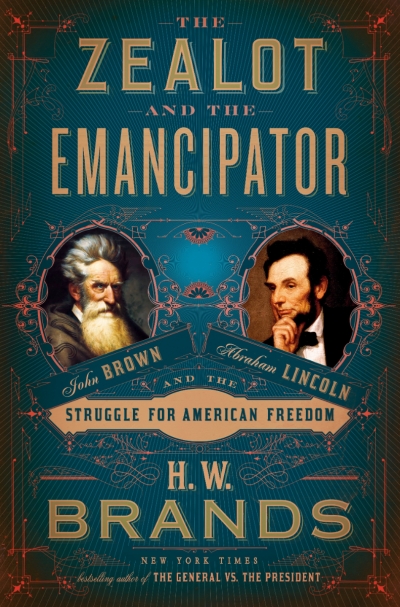America
His Name Is George Floyd by Robert Samuels and Toluse Olorunnipa
by Declan Fry •
American Exceptionalism: A new history of an old idea by Ian Tyrrell
by Emma Shortis •
A Question of Standing: The history of the CIA by Rhodri Jeffreys-Jones
by Timothy J. Lynch •
August in Kabul: America’s last days in Afghanistan by Andrew Quilty
by Kieran Pender •
Diplomatic: A Washington memoir by Joe Hockey with Leo Shanahan
by Timothy J. Lynch •
Landslide by Michael Wolff & Peril by Bob Woodward and Robert Costa
by Timothy J. Lynch •
Fulfillment: Winning and losing in one-click America by Alec MacGillis
by Jack Callil •
The Age of Acrimony: How Americans fought to fix their democracy, 1865–1915 by Jon Grinspan
by Samuel Watts •

